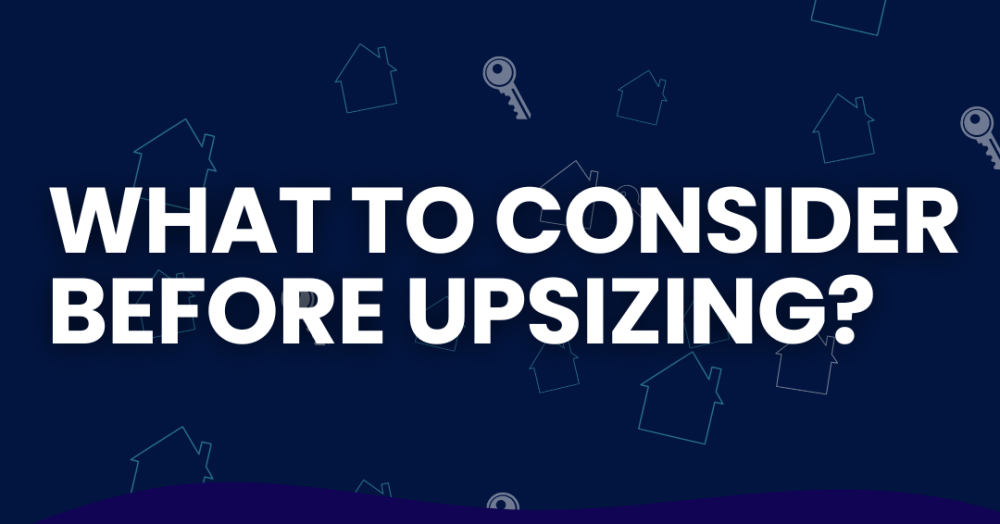Purchasing a bigger house is an exciting milestone, but it comes with significant financial considerations. Whether you're looking for more space for a growing family, a home office, or simply a change of scenery, ensuring you can afford the upgrade is crucial.
1. Evaluate Your Current Financial Situation
Before dreaming of a bigger house, take a comprehensive look at your current financial health. This includes:
- Income: Assess your household income, including salaries, bonuses, and any additional sources of revenue.
- Savings: Review your savings, particularly those earmarked for a deposit, moving costs, and any immediate renovations.
- Debts: Consider existing debts, including credit cards, personal loans, and car finance. High debt levels can impact mortgage approvals and interest rates.
A good rule of thumb is to keep your mortgage payments to no more than 25-30% of your gross monthly income. This ensures you can manage your other financial obligations comfortably.
2. Understand Mortgage Options and Rates
The type of mortgage you choose significantly affects affordability. Key aspects to consider include:
- Fixed vs. Variable Rates: Fixed-rate mortgages provide stability with consistent payments, while variable rates might offer lower initial rates but can fluctuate.
- Interest Rates: Keep an eye on the Bank of England’s base rate, which influences mortgage rates. Even a small increase can significantly affect monthly payments.
- Loan Term: A longer loan term can lower monthly payments but increase the total interest paid over the life of the mortgage.
Consulting with a mortgage advisor can help you find the best deal suited to your financial situation.
3. Factor in Additional Costs
Purchasing a bigger house involves more than just the mortgage. Be prepared for:
- Stamp Duty: This tax can be a significant expense, especially for higher-value properties. Rates vary, so use an online calculator to estimate your liability.
- Survey and Legal Fees: These are essential for ensuring the property’s condition and handling the legal aspects of the purchase.
- Moving Costs: Include costs for professional movers, packing materials, and any storage needs.
- Maintenance and Utilities: Larger homes often come with higher maintenance costs and utility bills. Factor in these ongoing expenses to avoid budget strains.
4. Consider Future Financial Stability
Think long-term about your financial stability and how it might affect your ability to afford a bigger house. Consider:
- Job Security: Ensure your job or income source is stable. If you're considering a career change or starting a business, factor in potential income fluctuations.
- Family Plans: Future family plans, such as having children or supporting elderly parents, can impact your finances. Plan for these changes when assessing affordability.
- Emergency Fund: Maintain a robust emergency fund to cover unforeseen expenses like medical emergencies or urgent home repairs.
Planning for future financial stability ensures you can continue to afford your home even if circumstances change.
5. Location and Lifestyle Costs
The location of your new home can significantly impact overall affordability. Consider:
- Property Prices: Property prices vary widely across the UK. Research the housing market in your desired area to understand what you can afford.
- Council Tax: Rates vary by location and property value. Check the council tax band for any potential property.
- Commuting Costs: If moving further from your workplace, factor in increased commuting costs, including fuel, public transport, or parking fees.
- Lifestyle Changes: A new location may bring different lifestyle costs, such as school fees, recreational activities, or socializing expenses.
Evaluating these factors ensures you choose a location that fits your budget and lifestyle.
Conclusion
Assessing affordability for a bigger house involves a thorough evaluation of your financial situation, understanding mortgage options, and considering additional costs and future stability. By taking these factors into account, and getting in contact with us we can help you make a well-informed decision that aligns with your financial goals and lifestyle, ensuring your new home brings joy and comfort without financial strain.
